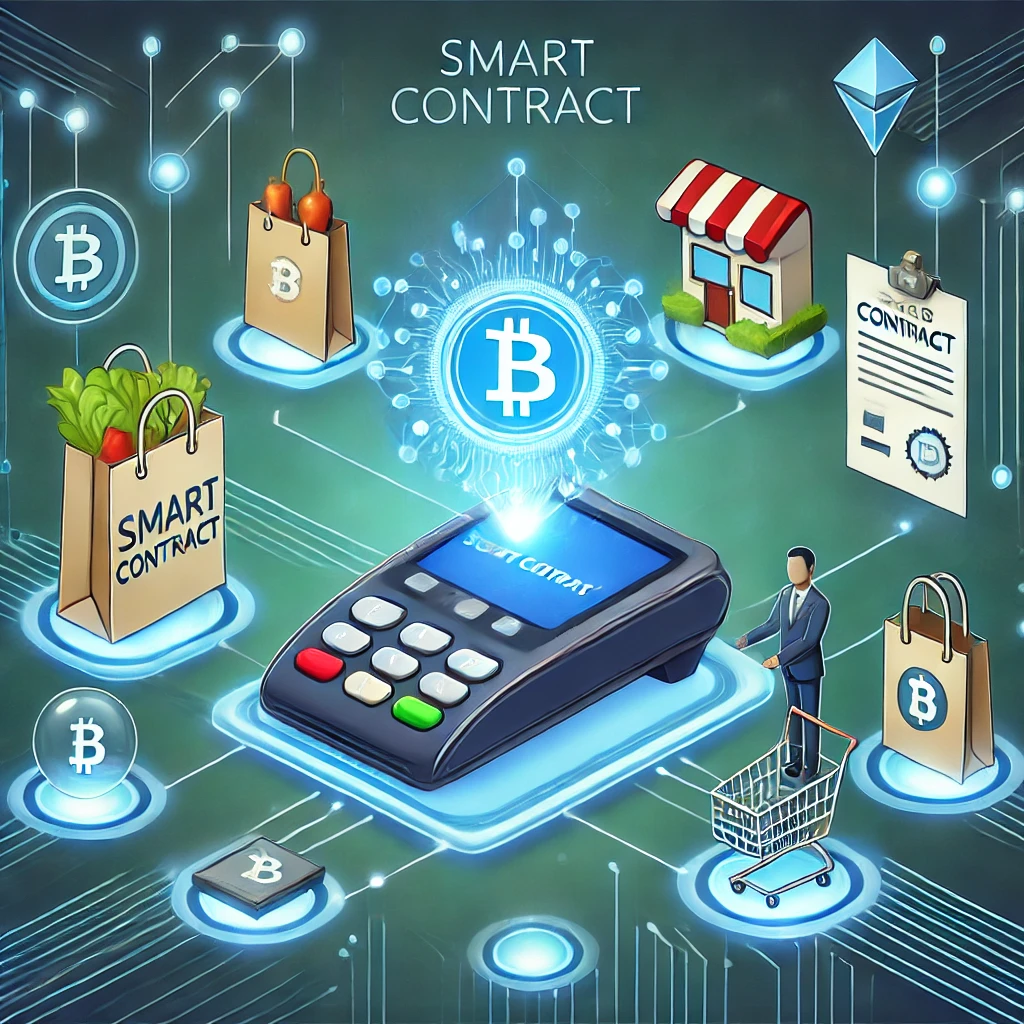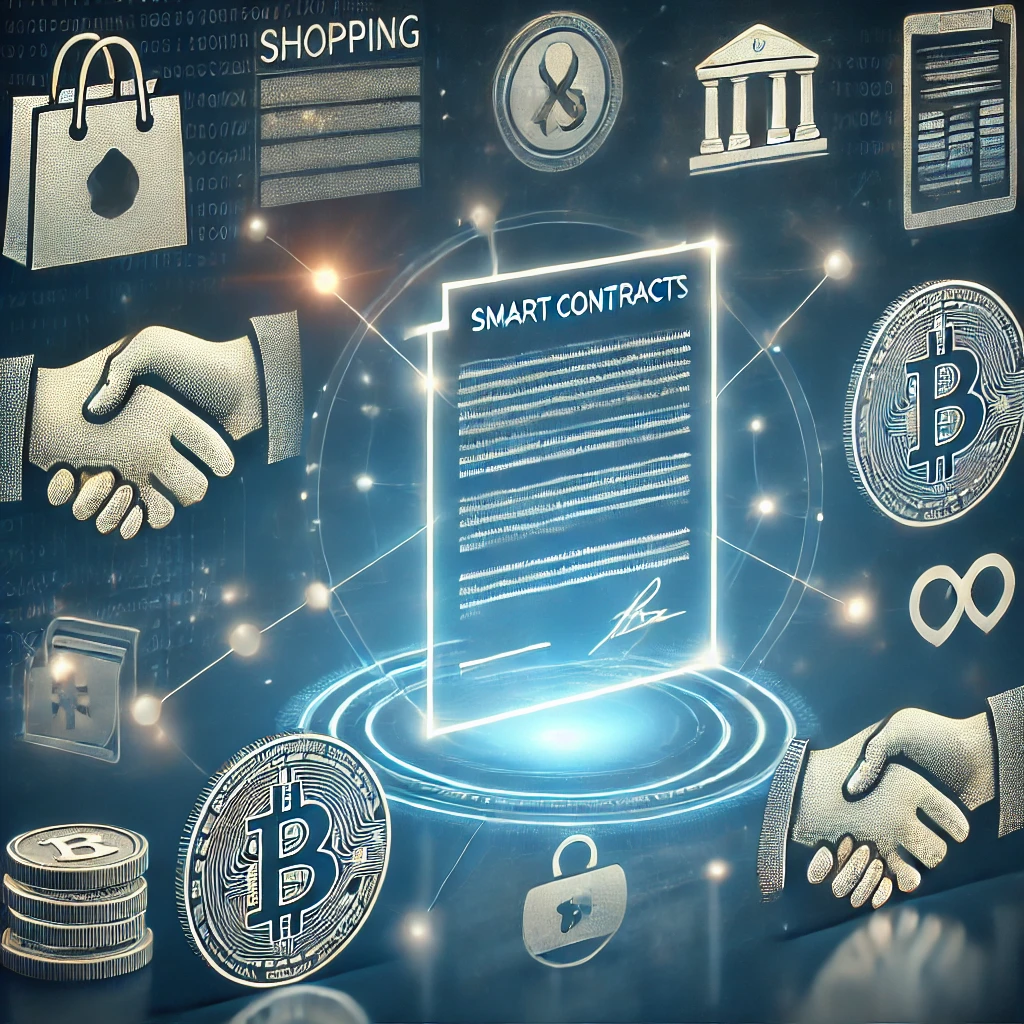In the evolving landscape of technology, smart contracts are revolutionizing how we execute agreements. These blockchain-based digital agreements are not just buzzwords; they are becoming integral to everyday transactions, ensuring efficiency, security, and transparency. From financial services to real estate, their potential applications are vast and transformative.
What Are they?

Smart contracts are self-executing contracts with terms directly written into lines of code. Operating on blockchain technology, they automatically enforce and verify transactions without the need for intermediaries. For example, a rental agreement encoded in a smart contract can release funds to the landlord only after the tenant confirms that the property is in the agreed condition.
To delve deeper into the technology, visit Ethereum’s educational resources or explore IBM’s blockchain use-case articles.
Benefits
- Enhanced Security: Blockchain’s immutable nature makes them highly resistant to tampering and fraud.
- Cost Efficiency: By eliminating intermediaries, smart contracts reduce transaction costs significantly.
- Speed: Automated processes enable faster execution of agreements.
- Transparency: All parties can access the terms of the agreement, fostering trust and clarity.
These advantages makes them ideal for various sectors, including supply chain management, insurance, and personal transactions.
Everyday Applications of Smart Contracts
Real Estate
Buying and selling property often involves lengthy processes and multiple intermediaries. They simplify this by automating escrow services, title transfers, and payment releases.
Insurance Claims
In the insurance industry, smart contracts streamline claims processing. They automatically verify incidents and release payments if conditions are met, reducing human error and delays.
E-Commerce Transactions
For online retailers, they enable secure and instantaneous payment processing. They also ensure compliance with terms, such as product delivery timelines.
The Future of Smart Contracts
As technology advances, smart contracts will likely integrate with artificial intelligence and Internet of Things (IoT) devices, expanding their use cases. For instance, IoT sensors in vehicles could interact with them to automate toll payments and insurance claims.
To learn about more blockchain innovations, check out our article on how blockchain is transforming traditional banking.



